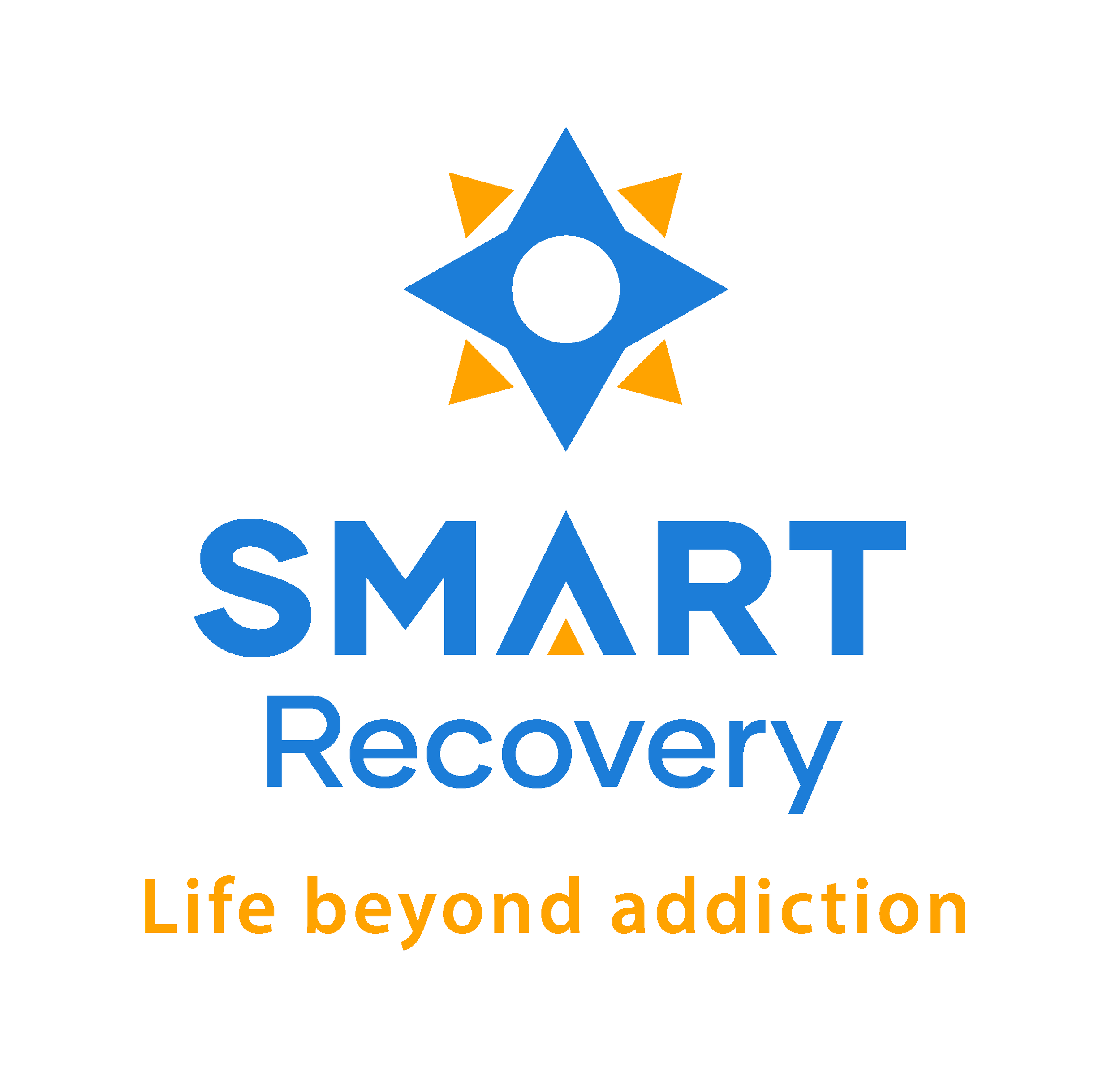The Biology of Peace
We’ve all been there. You get the promotion, you buy the new car, or you finally go on that dream holiday. For a moment, everything is perfect. You feel a sense of peace and arrival.
And then, a few days later… it’s gone.
The "new normal" sets in, and you’re back to your baseline level of anxiety or restlessness.
We usually blame our circumstances for this. We think, “If I just had a bit more money,” or “If my relationship was just a bit more stable,” then the peace would stick.
But science tells a different story. The problem isn’t your life; the problem is your biology. Specifically, your brain is fighting a constant battle to keep you unsatisfied.
Prioritising Connection
In the evolving landscape of mental health support, AI chatbots—built on generative AI and large language models—are becoming more common. While these tools can offer convenient, initial forms of support , it's crucial to understand their place: they are a supplement, not a substitute, for the deep, nuanced connection of a human professional.
The Power of 'No'
Setting Healthy Professional and Personal Limits
In today’s fast-paced world, where work and life often blend together, setting healthy limits is essential to maintaining your well-being and productivity. At Cheswick Consultants, we understand that balancing professional responsibilities with personal life isn’t always easy. However, establishing clear boundaries can help you thrive both at work and at home.
Taming the Imposter
Overcoming Self-Doubt and Owning Your Success
Self-doubt is a feeling many of us wrestle with, whether in our personal lives or at work. It creeps in quietly, making us question our abilities, second-guess decisions, and sometimes, even undermine our achievements. The good news is that overcoming self-doubt isn’t just possible—it’s essential to owning your success and moving forward with confidence.
Difficult Conversations
How to Address Conflict with Respect and Clarity
Conflict is an inevitable part of any workplace, but how we handle difficult conversations can make all the difference to team cohesion and productivity. Addressing conflict with respect and clarity not only resolves issues faster but also strengthens relationships and fosters a positive work environment. Here are some practical strategies to help you navigate challenging discussions effectively.
A 5-Step Guide to Managing Workplace Stress
A 5-Step Guide to Managing Workplace Stress
Workplace stress can significantly impact your productivity, overall health, and well-being in many ways. Here’s a straightforward and practical guide to help you manage stress more effectively and maintain a positive, supportive work environment.
The Burnout Breakthrough
Practical Strategies for Reclaiming Your EnergyFeeling drained and low on energy is a common challenge, especially with the demands of work and daily life constantly pulling us in different directions. At Cheswick Consultants, we understand how vital it is to maintain your energy levels not only to thrive professionally but also to enjoy life outside of work. Here are some practical strategies you can implement today to help reclaim your energy and boost your overall wellbeing.
More Present ?
If we define presence as a strict, absolute state (like a light switch: either "on" or "off"), then the phrase "to be more present" is logically inconsistent.
If presence is binary—either fully realized or entirely absent—there can be no middle ground, no "more" or "less." This perspective aligns with certain philosophical and spiritual frameworks (e.g., Advaita Vedanta, Zen Buddhism) where presence, enlightenment, or "awakening" is seen as an indivisible, non-dual state of being.
Let’s clarify this because a profound tension between language and absolute states is worth unpacking to see why the phrase persists despite its apparent contradiction.
The Push for "Real-time Data"
The new OHS regulations in Victoria are a necessary and powerful step towards protecting mental health in the workplace. They rightly mandate a proactive risk management approach, treating psychological harm with the same seriousness as physical injury.
But as the focus shifts to compliance, a worrying trend is emerging: the push for "real-time data," "custom analytics," and "proactive mental health tools." We are being sold a vision where employee well-being is a dashboard, compliance is a series of green ticks, and a human being is just a collection of quantifiable metrics.
Psychosocial Safety System
In Victoria, establishing a Psychosocial Safety System is a crucial part of an organisation's duty to manage work health and safety (WHS), specifically the risks arising from psychosocial hazards. This system is designed to integrate the protection of psychological health into core business operations, thereby helping the Person Conducting a Business or Undertaking (PCBU) comply with their obligations under the Occupational Health and Safety Act 2004 (Vic).
Workplace Psychosocial Hazards
These are the psychosocial hazards in the workplace that arise from how work is designed, managed, and performed, which can cause psychological or physical harm to workers.
Psychosocial Hazards in Victoria
The Occupational Health and Safety (Psychological Health) Regulations 2025 in Victoria, which take effect on 1 December 2025, establish a mandatory framework that applies equally to all Victorian employers, regardless of size. This means companies with 1 to 500 employees are held to the same foundational standard as the largest corporations, requiring a proactive and systemic approach to managing mental health risks.
While the compliance system must be scaled appropriately for a smaller business, the core duties remain non-negotiable.
AI Therapy
AI Is Not a Substitute for Human Therapists
Does the convenience of AI mean human therapists are on the brink of obsolescence? Even the AI systems themselves don't claim to replace human expertise. For example, when offering suggestions and strategies to cope with personal problems, services like ChatGPT explicitly state that their advice is no substitute for a trained professional's. They often conclude their guidance with a recommendation to "consider talking to a mental health professional."
Yoga helps Mental Health
Research indicates that yoga can increase grey matter volume and alter key functional networks in the brain. These neurobiological effects suggest a potential role for yoga in improving mental health outcomes.
The practice of yoga often involves physically demanding postures. For example, moving from a side plank into Camatkarasana, or "Wild Thing," requires significant strength, balance, and flexibility. The intensity of such poses demonstrates that, while often viewed as a purely physical exercise, the discipline engages the body and mind deeply.
Evidence-based?
In the world of psychology, there's a powerful and often-praised concept: evidence-based practice. At its heart, the idea is simple and logical—use methods that have been proven to work. On the surface, who could argue with that? We want therapy to be effective, and we want to know it is.
But what if this approach, in its rigid application, has become less of a guide and more of a cage? What if, in the pursuit of what can be measured, we've started to dismiss what truly heals?
Our EWP Difference
At Cheswick Consultants, we have first hand knowledge of the unique challenges faced by small business owners, particularly those managing teams of 1 to 50 members.
Our Employee Wellness Program (EWP) adopts a practical and sustainable approach by encouraging team members to take advantage of discounted counselling and meditation sessions, rather than relying solely on free services provided directly by the business owner.
Employee Wellness
Affordable Support for Your Team
As a business owner—whether you’re flying solo or managing up to 50 team members—finding affordable ways to support your employees' well-being can be challenging. Yet, prioritising mental health and wellness is essential for creating a positive, productive workplace.
For a modest weekly investment, your business gains access to valuable counselling services and meditation classes for your entire team.
Issues with EAPs
Employee Assistance Programs (EAPs) are a common workplace benefit designed to help employees with personal and work-related issues. However, many EAPs are often criticized for being poorly run and underutilized. This is due to a variety of interconnected factors, including a lack of awareness, concerns about confidentiality, outdated service models, and a reactive rather than proactive approach.
Foundational Paradigms
When navigating intense, non-ordinary experiences, having a foundational paradigm is crucial. It provides a consistent framework for making sense of what you've encountered, helping you avoid the confusion that comes from trying to hold conflicting worldviews at once. It’s the ground you stand on when the world seems to have shifted beneath your feet.
SMART Recovery
SMART Recovery, which stands for Self-Management and Recovery Training, is a programme designed to aid individuals in overcoming addiction and managing addictive behaviours. It provides a science-based alternative to traditional approaches, focusing on building motivation, coping strategies, and life skills.




















